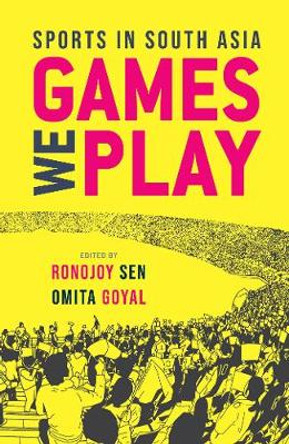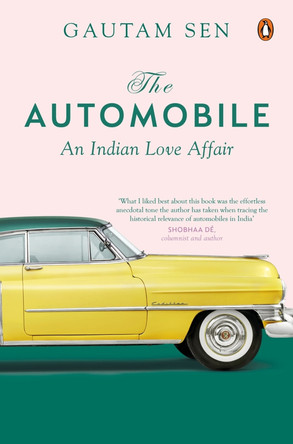Description
An institutional history of Indian parliament, democracy and politics combining archival materials, interviews and visuals.
About the Author
Ronojoy Sen is Visiting Senior Research Fellow at the National University of Singapore. He is the the author of Articles of Faith: Religion, Secularism, and the Indian Supreme Court (Oxford, 2010) and Nation at Play: A History of Sport in India (Columbia University Press, 2015).
Reviews
'In this rich and comprehensive portrait of India's parliament, Ronojoy Sen skillfully exposes the continuing paradox and now deep crisis of the world's largest democracy. While India's parliament has become 'much more representative of Indian society,' it also reflects continuing democratic deficits, including the under-representation of women and Muslims, procedural disruption, corruption, criminal intrusion into politics, and the ominous trend of populist majoritarianism. House of the People is an essential work for understanding the trajectory and contradictions of India's democracy.' Larry Diamond, Senior Fellow, Hoover Institution, Stanford University
'The decline in democracy around the world has been accompanied by a collapse in trust in legislatures. In this lucid, conceptually rich, and empirically grounded study, Sen serves as a trusted guide in assessing the evolution of the Lok Sabha over its remarkable history. His account steers a middle path, but one comes away feeling that the reinvigoration of this institution may hold the key to India's democratic success more generally. A superb volume.' Tom Ginsburg, Leo Spitz Professor of International Law, University of Chicago
'Historically, the Indian parliament has played a key role in the democratisation of India - from a political as well as from a social point of view. Ronojoy Sen studies not only this trajectory - in detail, but also the present crisis as this institution is badly affected by the current authoritarian dispensation, the return of the upper castes in the lower house, the chronic disruption of proceedings by opposition MPs and corruption of Indian politics at large. A must read to understand the career of a key institution of the world's largest democracy.' Christophe Jaffrelot, CERI-CNRS Senior Research Fellow, Sciences Po Paris
'A wide-ranging and sobering account of India's parliament, interpreted as a cornerstone of its democracy. Sen's engaging biography of the institution offers a historically informed analysis of every contemporary concern relating to the composition and functioning of parliament: its increasing representativeness as well as its persisting representational deficits; disruptions and the committee system; and the implications of corruption, criminality and impunity for accountability.' Niraja Gopal Jayal, Avantha Chair, King's College London
'As parliamentary democracy struggles to retain institutional vitality, this book will serve as a rich, historically nuanced and engagingly written account of the making of India's Parliament as an institution, and the key tensions that marked its formation. All those seeking to preserve the 'Dignity of Legislation' will benefit immensely from this work.' Pratap Bhanu Mehta, Senior Fellow, Centre for Policy Research, New Delhi
'... provides valuable insight into the workings and evolution of an institution at the centre of what may prove to be India's coming political storm.' Eugene L. Wolfe, LSE Review of Books
Book Information
ISBN 9781009180252
Author Ronojoy Sen
Format Hardback
Page Count 324
Imprint Cambridge University Press
Publisher Cambridge University Press
Weight(grams) 530g
Dimensions(mm) 237mm * 161mm * 23mm








